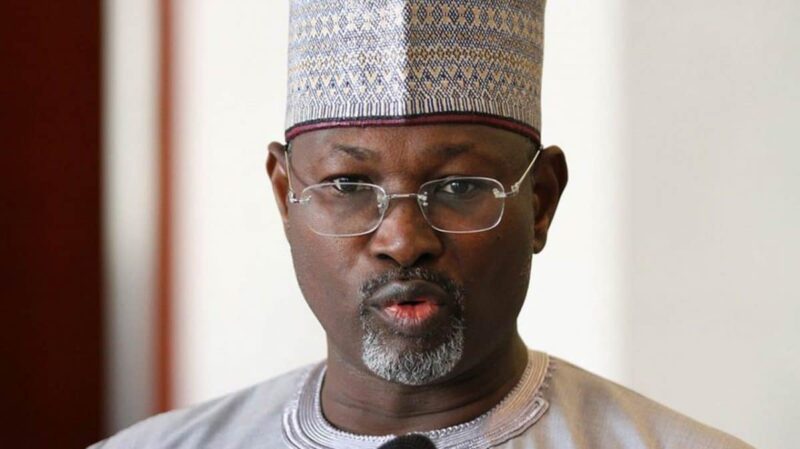Former INEC Chairman, Professor Attahiru Jega has warned Nigerian government to approach recommendations from international financial institutions, such as the International Monetary Fund (IMF) and the World Bank, with caution.
While Jega acknowledged the value of engaging with these organizations, he emphasized the need for a balanced approach that considers the long-term impacts on Nigeria’s economy.
Jega, in a powerful statement during the Chartered Institute of Directors of Nigeria’s (CIoD) 2024 Annual Directors’ Conference which focused on the theme “Good Governance as a Catalyst for Economic Recovery, Growth, and Development,” expressed concern about some recent policy decisions that the government had undertaken, specifically referencing reforms influenced by external advice.
He cautioned that, while such guidance might appear beneficial in the short term, it could lead to deeper economic issues if adopted without careful evaluation.
Jega’s remarks appear to address recent discussions around Nigeria’s economic policies, especially following the removal of fuel subsidies and the naira’s float. These decisions have led to rising inflation, affecting citizens nationwide.
There has been speculation that the IMF and World Bank may have played a role in these policy shifts, especially given their past recommendations for similar economic measures.
However, IMF’s African Region Director, Abebe Selassie, clarified in Washington, D.C., that the IMF did not instruct Nigeria to remove the subsidy. “The decision was a domestic one. It was President Tinubu’s decision,” he explained, noting that the IMF’s role in Nigeria is limited to ongoing discussions rather than direct policy-making.
Jega called on Nigerians to focus on strengthening democratic institutions over simply following governance models promoted by international organizations like the World Bank.
According to him, a “People-oriented development process” is necessary to achieve sustainable growth for Nigeria. He warned that an uncritical acceptance of these external recommendations could “inadvertently fall into greater medium and longer-term problems.”
According to him: “We should not swallow hook, line and sinker what they bring to us. We must be very careful in terms of what measures they have suggested to us because if we don’t do that we may advertently or inadvertently fall into greater medium and longer term problems even if we think we are seeing short term benefits from that kind of engagement.”










